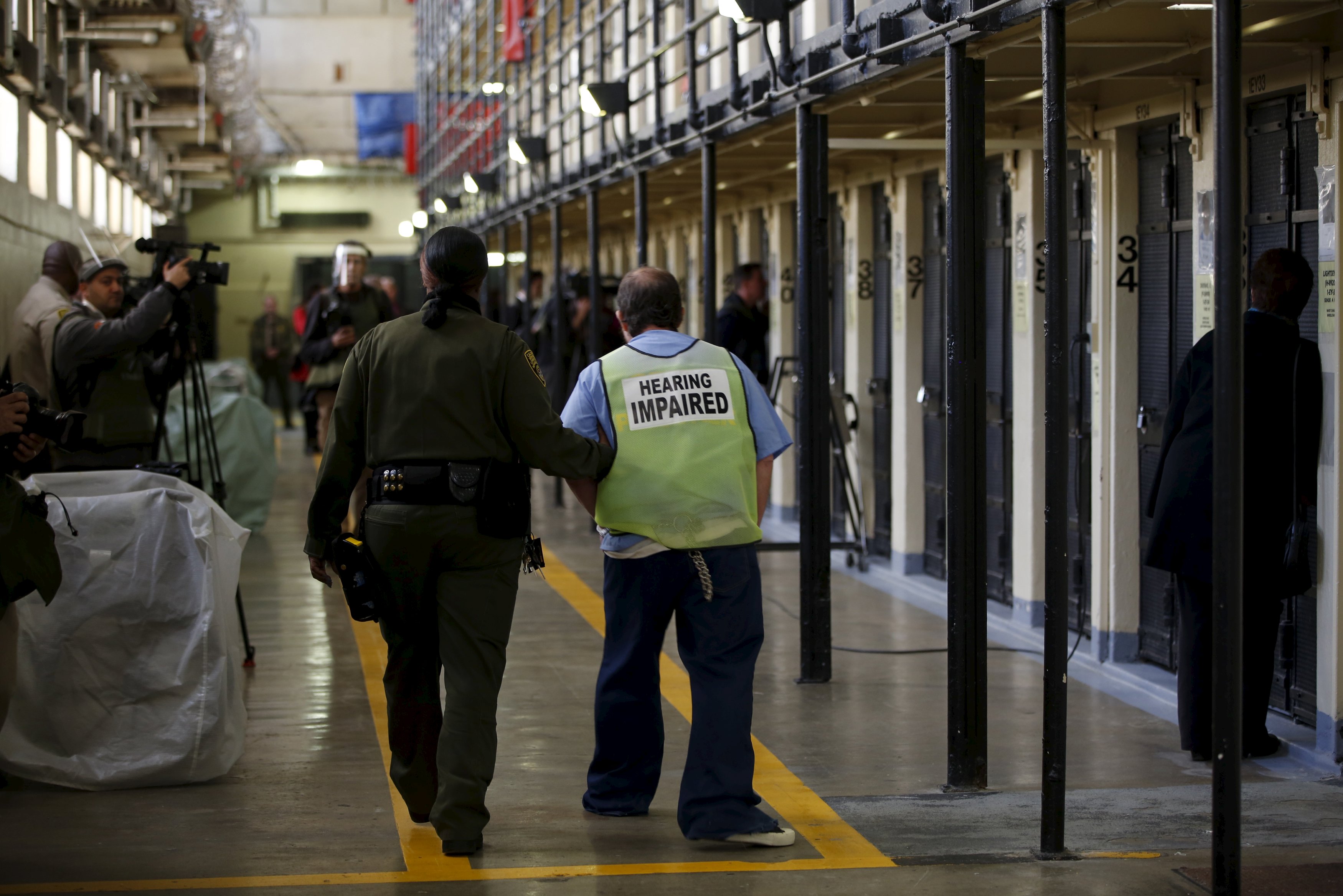In 1846, the Michigan Legislature abolished the death penalty (also known as capital punishment) for murder and lesser state crimes. As a result, Michigan became the first government in the English-speaking world and the first American state to do so. In 1963, the state fully eliminated its use when it adopted a new constitution.
While Michigan’s constitutional ban remains in effect, the U.S. Department of Justice recently announced it would resume the death penalty for federal crimes. This action would end a longstanding hiatus on the practice, as the last federal execution occurred in 2003. Approximately 60 prisoners are on death row for a federal crime; at least one execution has already been carried out — in Tennessee — and others are scheduled for the coming months. Michigan’s lone prisoner on death row for a federal crime could be subject to execution under the new policy.
Americans are not well-served by a government that determines who lives and who dies. While society must hold offenders accountable for the suffering they have caused, punishments should also respect the dignity of the human person. Addressing violence with more violence is not the right response, and the U.S. bishops have correctly observed that the “pain and loss of one death cannot be wiped away by another death” (A Culture of Life and the Penalty of Death, 2005). Furthermore, the death penalty is especially dangerous when the possibility of making mistakes remains. More than 160 death row prisoners have been exonerated since 1973. Once an execution has taken place, a person’s life cannot be restored, even if evidence later suggests his or her innocence.
Supporters often argue executions should be reserved for the worst or most violent cases. However, at times, it seems factors such as geography, quality of the legal defense counsel, or race dictate the sentence instead. For example, almost half of all federal death sentences come from three states — Missouri, Texas and Virginia — which to some suggests the punishment is not just about the crime.
Death penalty proponents sometimes claim the threat of potential execution provides an effective deterrent and is therefore useful in addressing crime rates. Studies have not provided conclusive evidence that this is true, as many of the crimes that receive the death penalty are born out of moments of passion, drug or alcohol use, or mental illness rather than reasoned judgment. The punishment might provide the illusion of safety, but it does not provide a constructive or comprehensive answer for addressing violence in society. The criminal justice system should instead be focused on finding that answer.
In the past, Catholic teaching has allowed for the death penalty if it was “the only possible way of effectively defending human lives against the unjust aggressor.” If there are non-lethal means to protect public safety, however, those should be used instead (Catechism of the Catholic Church, 2267). In a country with effective alternatives to execution, the need for capital punishment does not exist.
In March 2015, Pope Francis spoke strongly against the death penalty, saying it does not provide victims with justice, “but rather foments revenge.” In June, the U.S. bishops approved their new Catechism guidance: “The death penalty is inadmissible because it is an attack on the inviolability and dignity of the person.”
With the federal government’s renewed utilization of capital punishment, the faith community has several important tasks. Catholics should seek to meet the needs of victims and their families who have suffered greatly and require constant compassion. Believers must be willing to address mental illness and other substantial factors that can lead to crime.
Finally, Catholics can and should raise their pro-life voices, reminding society that the value of the human person is not destroyed when a crime is committed. Through these actions, the Church can contribute to the restoration of optimism and healing in communities across the country.
Paul A. Long is president and CEO of the Michigan Catholic Conference, the official public policy voice of the Catholic Church in this state.










